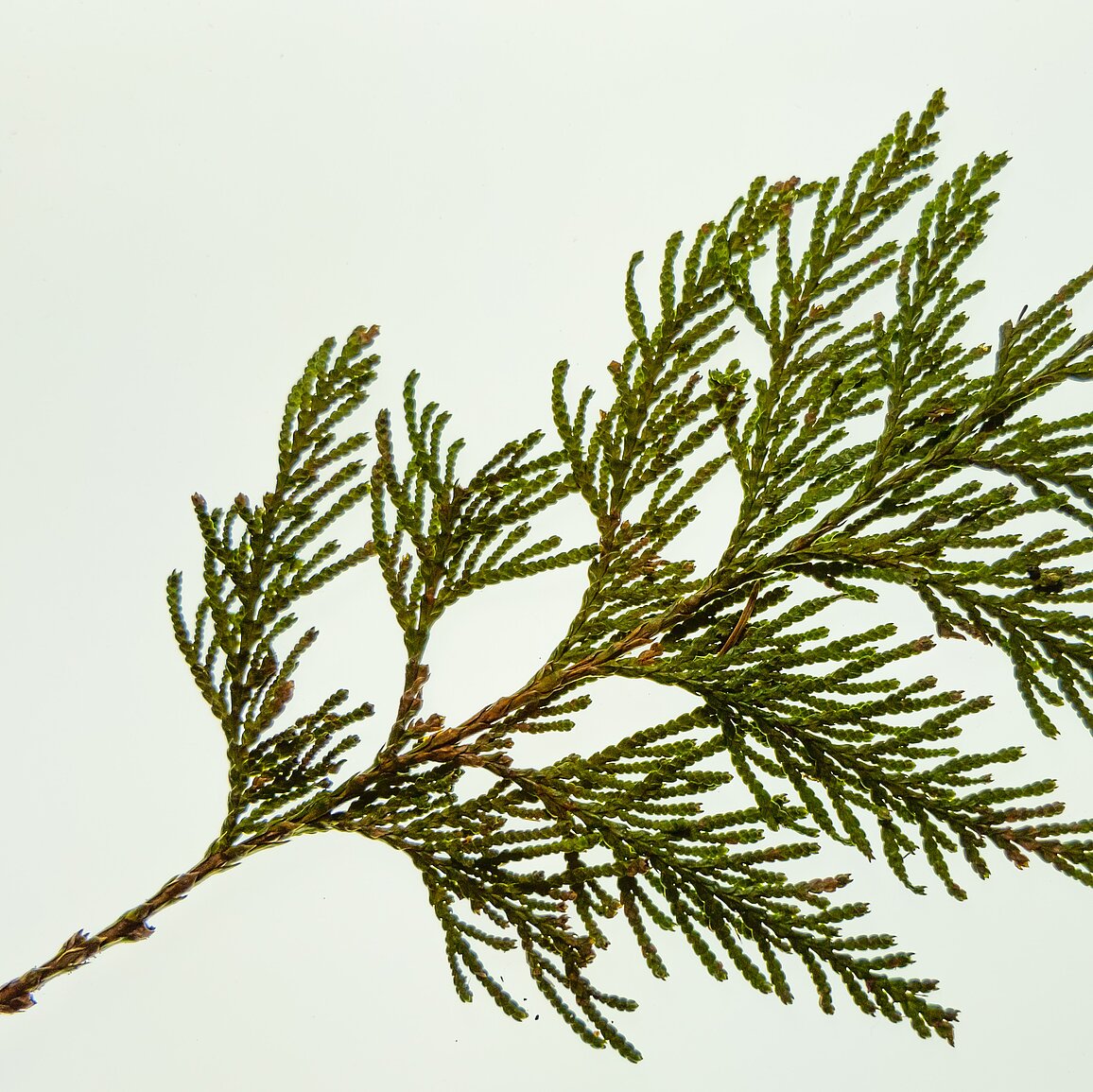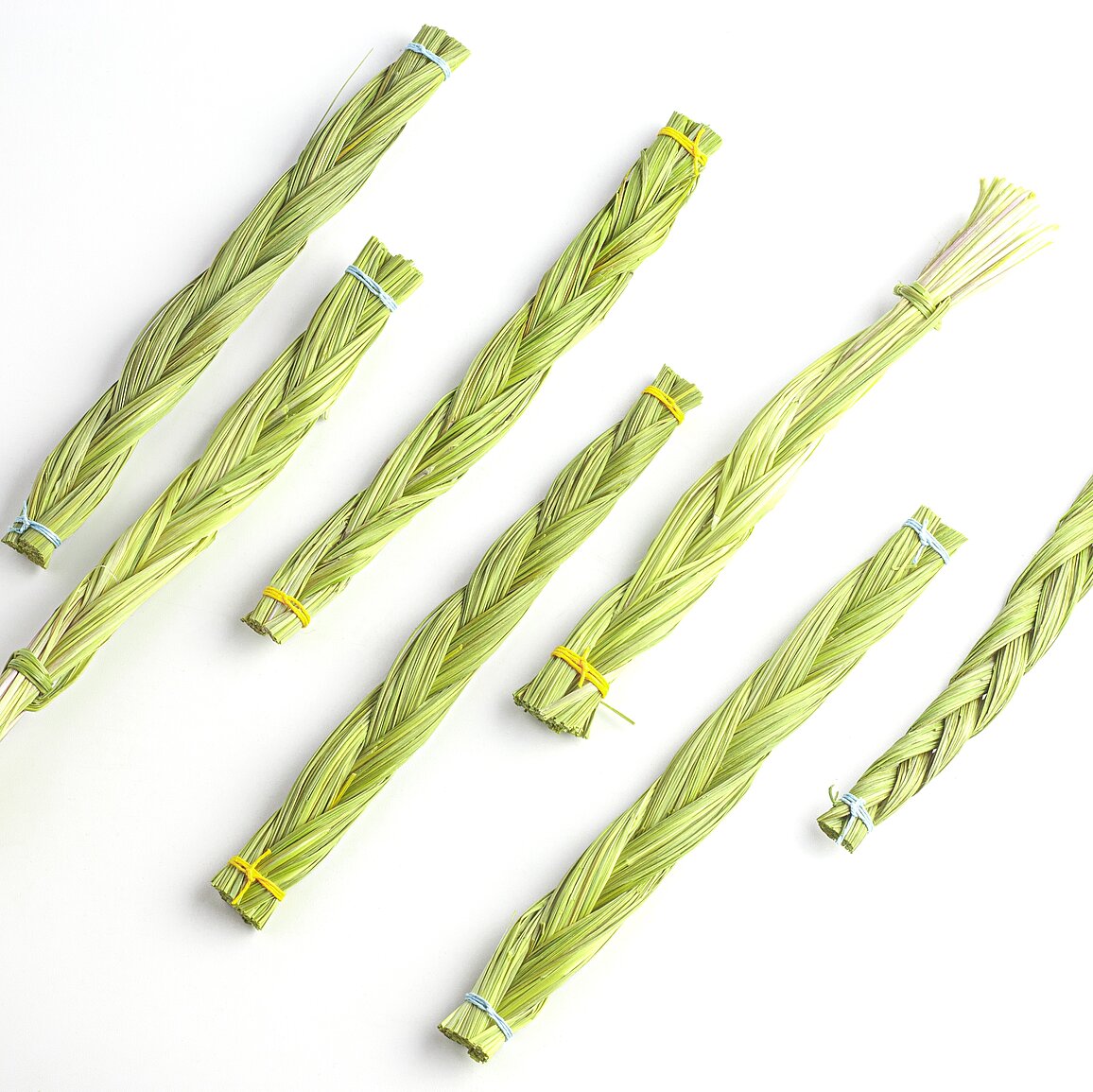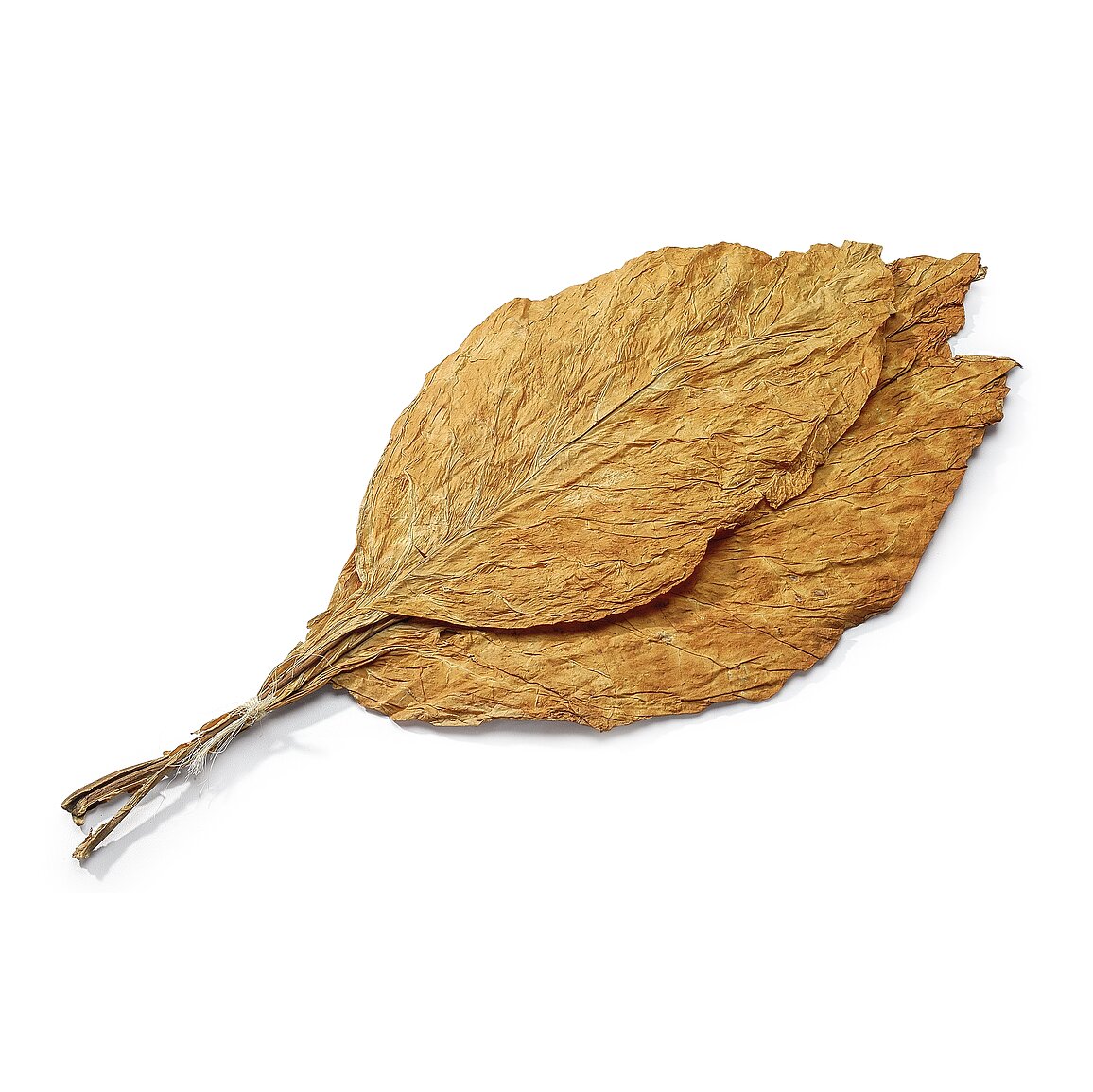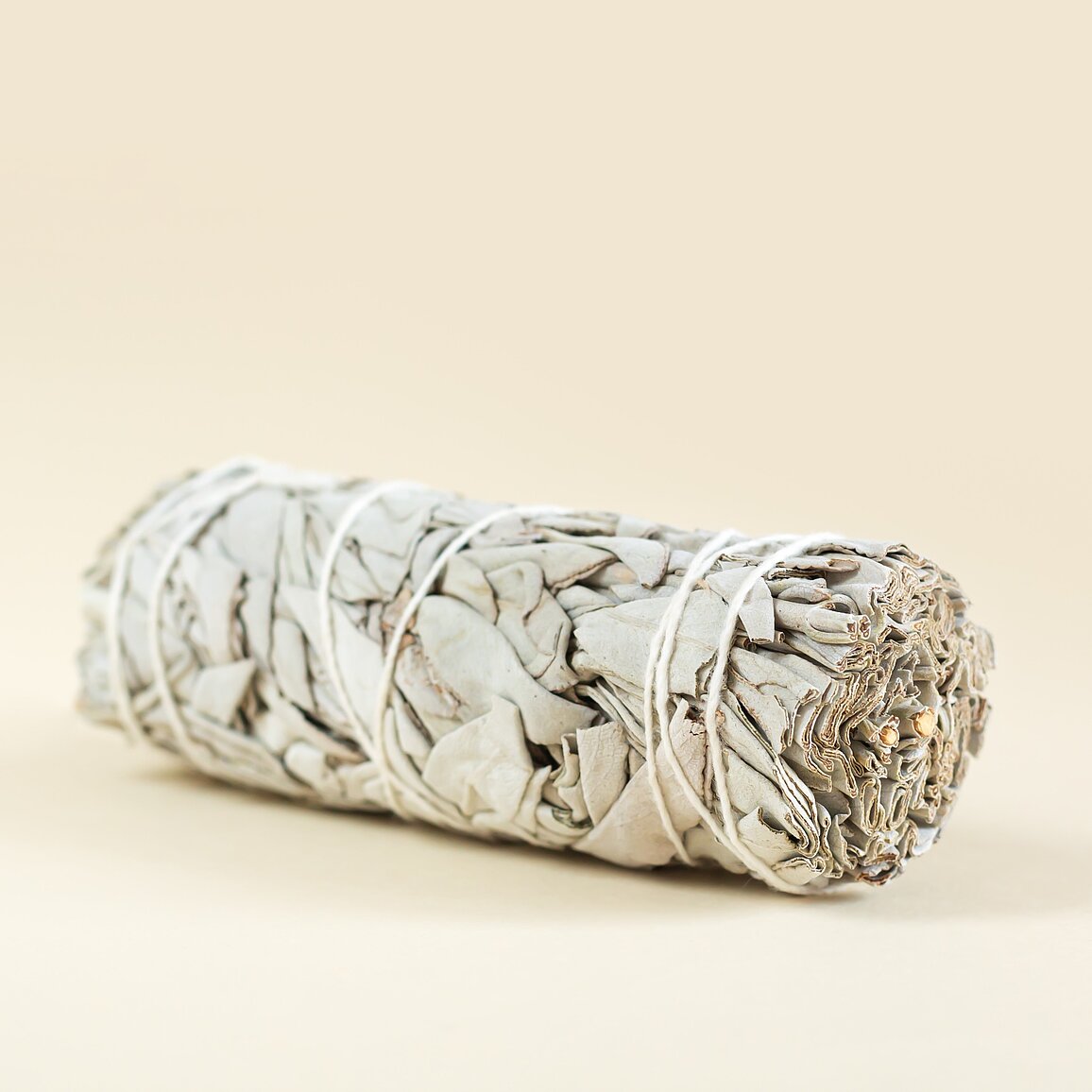Traditional, Spiritual or Cultural Ceremonies in NDSU Residence Halls and NDSU Apartments
NDSU Land Acknowledgement
We collectively acknowledge that we gather at NDSU, a land grant institution, on the traditional lands of the Oceti Sakowin (Dakota, Lakota, Nakoda) and Anishinaabe Peoples in addition to many diverse Indigenous Peoples still connected to these lands. We honor with gratitude Mother Earth and the Indigenous Peoples who have walked with her throughout generations. We will continue to learn how to live in unity with Mother Earth and build strong, mutually beneficial, trusting relationships with Indigenous Peoples of our region.
NDSU Policy 153
NDSU Policy 153 recognizes NDSU as a smoke-free institution. For the purposes of this policy, “smoking” is defined as inhaling, exhaling or burning for the purpose of inhalation. This policy recognizes and respects the rights of students to practice their spiritual and cultural traditions.
Residence Life Guidelines
Students in Residence Halls and NDSU Apartments live in densely populated communities. For students practicing traditional, spiritual or cultural ceremonies in their living spaces the following guidelines are requested:
- Proper ventilation, such as having the door closed and utilize open windows or fans;
- Know the location of the nearest fire extinguisher and fire pull station;
- Follow traditional cultural practices which includes a safe environment for containing embers and ashes;
- Extinguish embers/ashes appropriately;
- Communicate with roommate(s);
- Communicate with Director of Residence Life or Director’s designee.
Students who practice traditional, spiritual or cultural ceremony in Residence Halls and NDSU Apartments are asked to meet with the Director of Residence Life or Director’s designee prior to first practice. This is not for approval or denial of practice but to ensure open communication and understanding of the needs of each student.
Within Residence Halls and NDSU Apartments these guidelines are in place for the student’s personal living space which may include their room, foyer, or shared apartment spaces. Outside of residential buildings, students need to follow NDSU Policy for appropriate guidelines and communication courtesies.
Traditional, Spiritual and Cultural Ceremonies
A variety of traditional, spiritual and cultural ceremonies occur across numerous backgrounds, identities and cultures who together make up the NDSU Apartment and Residence Hall communities. Learning about the ceremonies practiced by our neighbors and significance these ceremonies hold in their lives builds respect, understanding and appreciation for all people in our community. One example of a cultural ceremony welcome in NDSU residential communities is the Native American smudging ceremony.
Smudging Ceremony
Smudging Ceremony is performed individually or in groups and involves the burning of one or more sacred medicines from Mother Earth. These may include sage, sweetgrass, cedar, tobacco and other sacred medicines. Smudging is a ceremony for purifying or cleansing the soul of negative thoughts of a person or place. Prayers, spoken aloud or in silence, are part of the ceremony. The smoke from the burning and smoldering of these sacred medicines is considered a purifying agent for the mind, body and spirit.
Rights and Freedoms
Each person is afforded the right to practice their faith and spirituality as granted by the First Amendment.
The American Indian Religious Freedom Act of 1978 protects the rights of Native Americans to exercise their traditional religions by ensuring access to sites, use and possession of sacred objects and the freedom to worship through ceremonials and traditional rites.
Exploration of Smudging Ceremony
Non-practicing students are encouraged to seek to learn more about the practice, culture and spirituality of our Native American and Alaskan Native.
Smudging allows people to stop, slow down, become mindful and centered. This allows practicing people to remember, connect and be grounded in the event, task or purpose at hand. Smudging also allows people to let go of something negative. Forms of smudging will vary from nation to nation but are considered by all to be a way of cleansing oneself.
Resources
- American Indian Religious Freedom Act
- Indigenous Inclusion Directorate (2019) Smudging Protocol and Guidelines: smudging protocol and guidelines for school divisions. Manitoba Education and Training. Source of website viewed July 2021
- Parts of this document have been adapted from University of North Dakota’s Use of Sage, Sweetgrass & Cedar in UND Residence Halls
Common-to-North Dakota Sacred Medicines

Cedar
Protects

Sweetgrass
Invites good spirits

Tobacco
Connection to Creator

White Sage
Purifying


